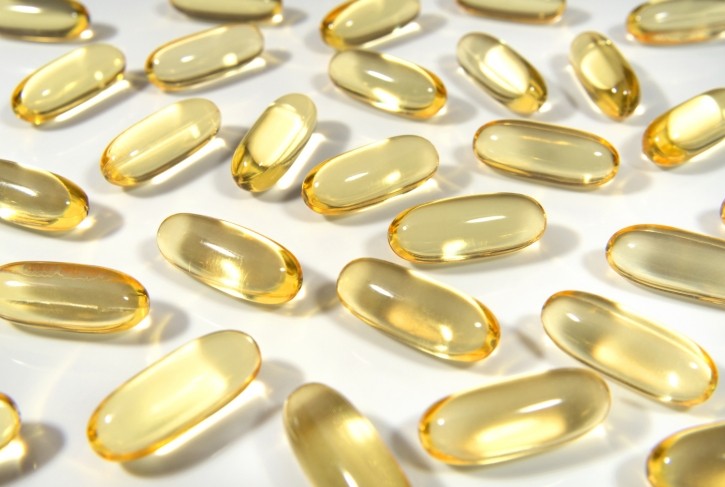Roquette solving toughest drug development challenges with new capsules

The company says its new product, built on its advanced Lycagel pea starch technology, offers manufacturers the freedom to select the optimal plasticizer combination, customizing formulations to meet diverse production and end-user needs. It also sets new standards in quality, stability, and performance for plant-based softgels.
Gelatin-based softgel capsules are widely used in the nutraceutical and pharmaceutical industries due to their patient acceptance, safety profile, and mechanical stability. However, manufacturing these capsules can be challenging.
Interactions with specific fill types, molecular crosslinking, and sensitivity to heat and moisture during storage can compromise the stability of gelatin-based capsules, leading to sticky, deformed, or ineffective medicines and supplements. These issues are further complicated with advanced formulations, where manufacturers must balance gelatin and plasticizers, like glycerol or sorbitol, to ensure shell elasticity without risking capsule leakage. Additionally, with more consumers adopting vegetarian, vegan, or flexitarian diets, animal-derived gelatin is becoming less acceptable.
These capsules provide a high-quality, plant-based alternative to gelatin, offering flexibility to handle a wide range of soft capsule formulations. The new premix features hydroxypropyl pea starch and carrageenan, like the original Lycagel VS 720 Premix, but allows producers to select the perfect plasticizer or combination of plasticizers for unique softgel formulations. Versatile and easy to use, the company says the capsules enable manufacturers to work with specialized capsule fills and process parameters, meeting the evolving demands of the pharmaceutical and nutraceutical markets.
Toughest challenges in drug delivery
Steve Amoussou-Guenou, technical developer manager, Europe, at Roquette, said, “Our guiding purpose is to solve the toughest challenges in drug delivery. With the development of our Lycagel VS 720 Premix, the primary goal was to provide softgel producers with a high-quality ready-to-use alternative to gelatin.
“Now, as vegan capsules become more established, we recognize that our customers need greater control to customize their formulations. Lycagel Flex is the answer, offering the same stability and performance with the added flexibility to differentiate.”
Similar to its predecessor, the new product is said to provide significant process benefits, including a reduced degassing time of just five minutes, compared to the minimum 60 minutes required for gelatin formulations. Additionally, Roquette says, equipment cleaning is simplified, requiring only hot water. Beyond production, the new premix ensures market-leading performance and stability throughout a product’s shelf life.
Testing showed that capsules made with Lycagel Flex maintained a clear, shiny appearance and optimal hardness with no sticking or seal leakage after six months of storage at 40°C and 75% relative humidity (RH). There was no significant increase in disintegration time or water content, and the capsules did not exhibit crosslinking, maintaining the same mechanical strength and integrity at day 180 as they had immediately after production.

















